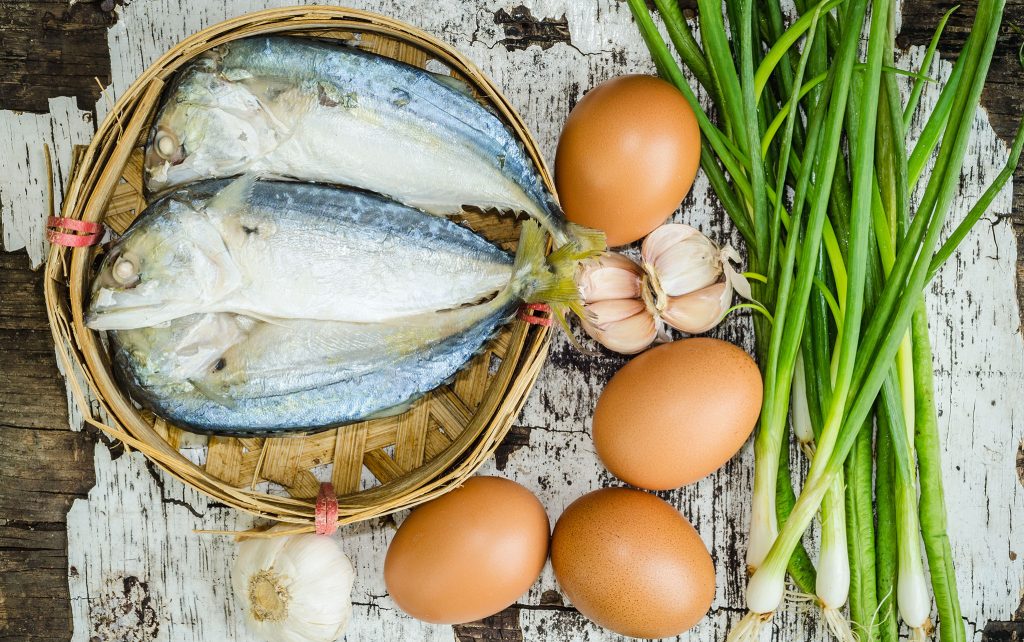Kent Sport health and fitness instructor Sarah Black cuts through the hype and examines what protein does, sources and how much we really need.
What’s the huge hype around protein? Every individual who participates in exercise has this impression that protein equals muscles. They assume if they start eating protein, no matter what activity they engage in, the muscles will literally grow over night and their physiques will be rippling definitions similar to the athletes we aspire to.
I would like to educate you on what protein is. What it is used for, how to source protein and most importantly how much we all need daily.
Protein’s function in the body is to regulate tissue and organ functions. Protein aids the immune system, preventing sickness and diseases. They are a component of the cell’s structure and regulate functions; such as metabolism, the digestive system and hormone function. It is an abundant complex molecule in the body that is critical for growth, repair and maintenance of cells, muscles and organs. Basically protein is a building block for cartilage, muscles, bones, skin and blood. Our hair and nails are made up of protein.
Protein does represent power, however unlike fats and carbohydrates, it cannot be stored. Which means the body needs to make protein upon demand and supply. So, does that mean we should be reaching out to eat it at every opportunity? Not necessarily! We actually need less protein than we think. Protein is broken down into the 20 amino acids (building blocks). 11 are non-essential and the body can synthesise them through extra amino acids you consume or from other metabolic molecules. There are nine essential amino acids, which we need to get through our diet as the body cannot manufacture them.
The average adult only needs 0.8 grams of protein per kilogram of body weight per day. This is easily achieved if we eat an all-round balanced diet. If we train for endurance we need 1.2-1.4 grams of protein per kg of body weight, increase that to 1.6-1.7 grams for strength training. Roughly 15-20% of the diet should be made up of protein.
Good sources of protein include dairy such as milk, low fat cheese, fish and seafood, soya, pistachio nuts, chicken, turkey and eggs.
Literature indicates the body cannot absorb more than 30 grams of protein at one given time, as a rough estimate. Eating little and often will not only maximise absorption, it will regulate the metabolism, keep hunger at bay and energy at an optimal level.
Opinions surrounded with eating too much protein can be misconstrued. A lot of people think they can consume as much as they like and due to the fact we cannot store protein, they assume it gets excreted. Sure, the body will use it for the needs of homeostasis and excrete what we do not need by the liver into urea. However, protein is worth four calories per gram and if we over eat in calories per day, the excess protein that is not used and excreted will get converted and stored to fat!
If we don’t eat enough protein, the body will represent this through our complexion which can be pale, our hair will be dry, brittle and may even fall out. Gums will not be healthy and recovery rates will be slow. At critical times if the bodies energy levels are low, we will call on protein as our fuel for activity which is known as gluconeogenesis and this will result in muscle damage and breakdown.
People who are physically inactive or sedentary can lose as much as 3% to 5% of their muscle mass per decade after age 30. This process is known as sarcopenia and is a natural part of the aging process; it can and should be slowed down and treated.
I have covered the basics and from the above we should be able to work out our individual requirements of protein, with some ideas of valued and healthy sources. I wanted to explain the purpose and function of protein first before I cover the next topic – Protein shakes; the need for them, the myths, the facts and alternatives.
For details about Kent Sport nutritional consultations visit our website. To stay up to date with Kent Sport news, Like UniKentSports on Facebook and follow us on Twitter and visit the Kent Sport events calendar.

